Colorado River Compact Symposium
Living with the Colorado River Compact: Past, Present and Future
Thank you for joining us for the Symposium of the Year!
A special thanks to everyone who attended the 2022 Colorado River Compact Symposium! Recordings are now live on YouTube! Click here to watch.
The Colorado River supplies have significantly been reduced over the last two decades and is the subject of many news articles. This symposium is to inform attendees interested in learning more about the Colorado River and the Colorado River Compact.
The agenda of the symposium is now available; scroll down or click here!
The event will take place in the Lory Center Ballroom, on the second floor.
Attendance is free and lunch will be provided. Make sure to register as spots are limited!
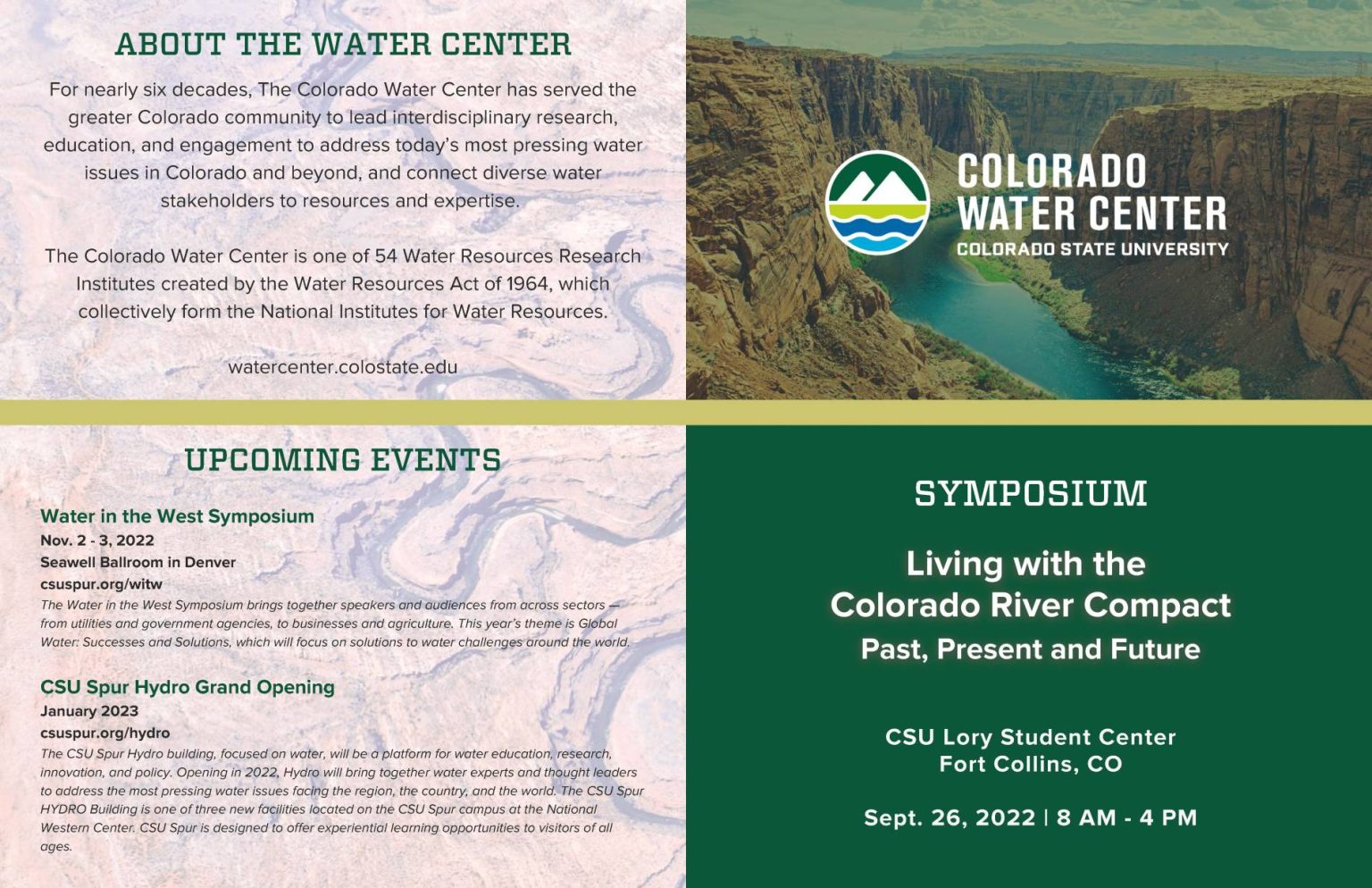
Watershed Field Practicum - A Story of Users in the Colorado River Basin
We invite and encourage you to learn more about what it means to be a stakeholder in the Colorado River Basin. Click the link below to learn more about this complex topic and dive into the work accomplished by the special team of student researchers: Justin Hollis, Kyaran Matturo, Madison Thompson, and Devin Hunt.
Their story map dives into what it means to be a stakeholder in the Colorado River Basin.
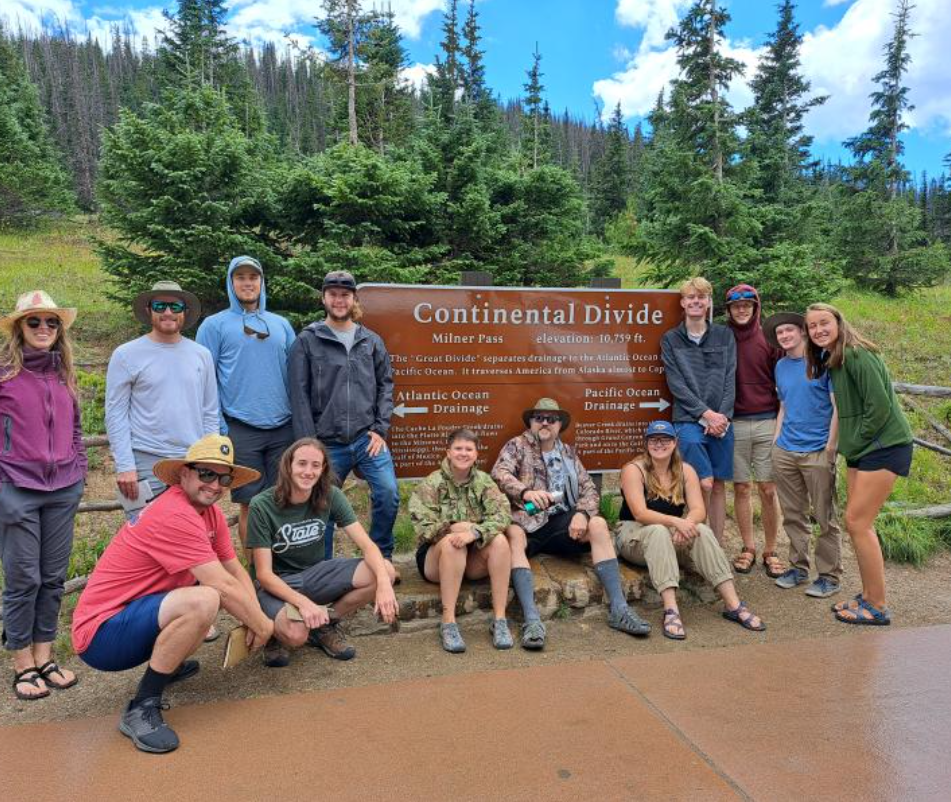
Introducing our Keynote Speaker:
Jim Lochhead was appointed Denver Water’s CEO/Manager in 2010. Lochhead leads nearly 1,100 employees at Denver Water overseeing work to provide a reliable water supply to the City of Denver and surrounding suburbs where Denver Water has service contracts. Lochhead also oversees the stewardship of a resilient collection, treatment and distribution system that includes 4,000 square miles of watershed land, 20 reservoirs, four treatment plants and more than 3,000 miles of pipe.
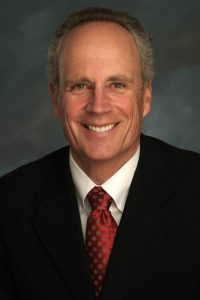
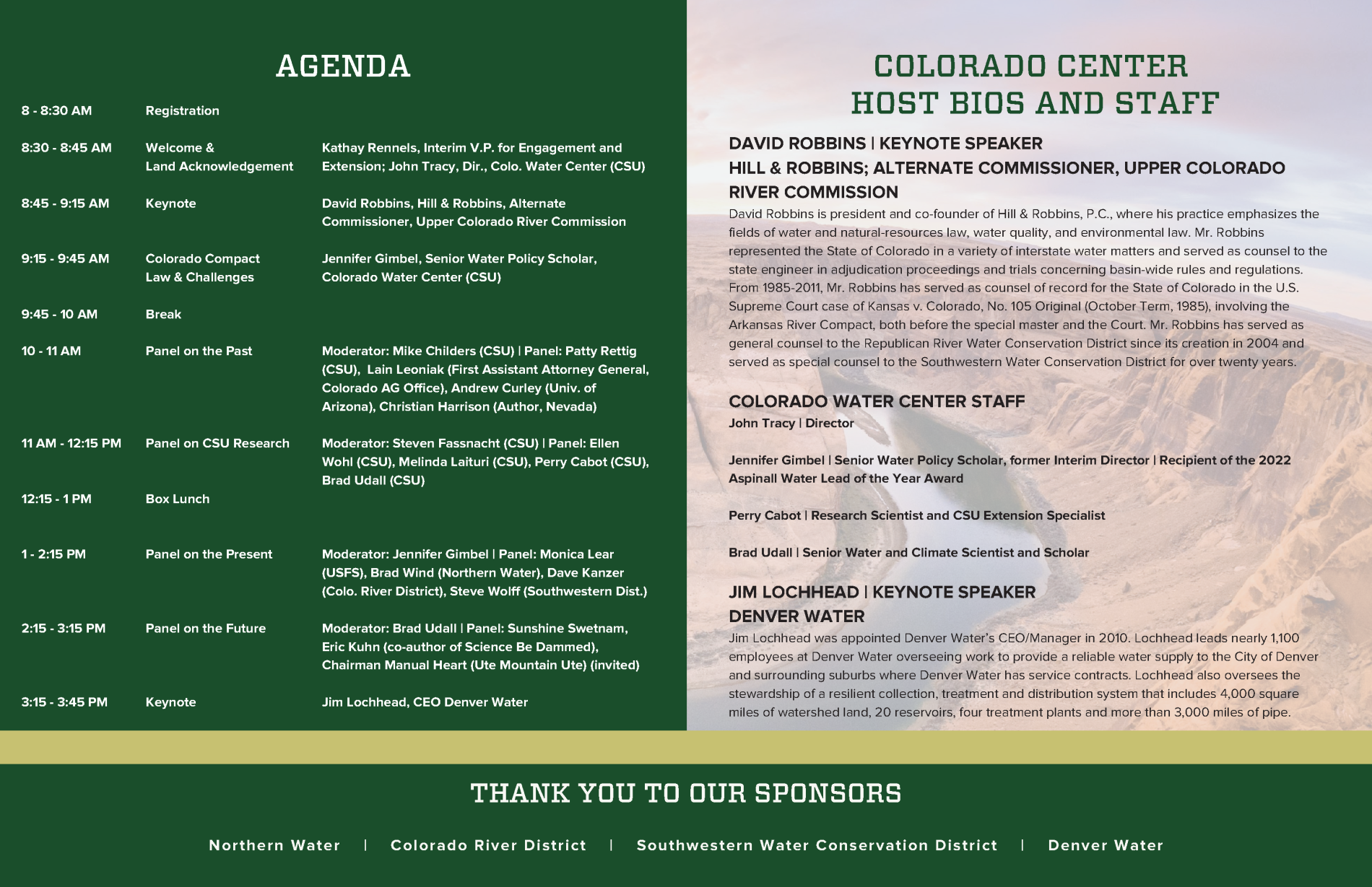
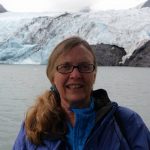
Meet Jennifer Gimbel
Jennifer Gimbel is a Senior Water Policy Scholar at the Colorado Water Center at Colorado State University. She has had the opportunity to work for both federal and state governments on numerous water issues. She formerly held the position of the Principal Deputy Assistant Secretary for Water and Science at the Department of the Interior. As the Former Director of the Colorado Water Conservation Board, Ms. Gimbel served as Colorado’s representative on the Upper Colorado River Commission and as the Governor’s representative in negotiations regarding the Colorado River. She also held several positions in the Attorney Generals’ offices in Colorado and Wyoming.
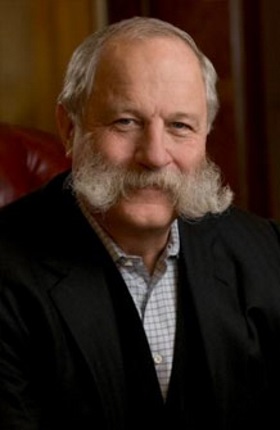
Meet David Robbins
Prior to entering private practice, Mr. Robbins served in the U.S. Army (Captain, 1969-1972) and with the U.S. Environmental Protection Agency, Region VIII (1973-1974). He then joined the Colorado Attorney General’s Office as a First Assistant Attorney General and head of the Natural Resources Section (1975-77), and was later appointed the Deputy Attorney General (1977-1978). Mr. Robbins represented the State of Colorado in a variety of interstate water matters, and served as counsel to the state engineer in adjudication proceedings and trials concerning basin-wide rules and regulations. He also represented the Colorado Water Conservation Board, and successfully defended the constitutionality of the state’s first instream flow protection law.He is a member of the Colorado Water Congress and has served on its board of directors for many years and as its President in 2005-06 and he was named the Colorado Water Leader of the Year in 2012. Mr. Robbins is a fellow of the American College of Trial Lawyers and the American Bar Foundation and serves on the board of directors of the Colorado Water Trust, of which he is a founding board member. He is a member of the American Bar Association and the Colorado Bar Association, and is a past chairman of the Water Law Section of the CBA.
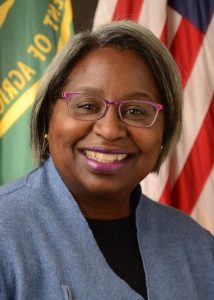
Meet Dr. Lear
Dr. Lear has worked in natural resource management for 28 years. Past professional experience includes state government management at the Louisiana Department of Agriculture and Forestry in Baton Rouge, Louisiana, as county agent in New Orleans, Louisiana for the LSU AgCenter, and as an extension agent in Arlington County, Virginia for the Virginia Tech/Virginia Cooperative Extension. Prior to joining the USDA Forest Service in June 2014, she was the Deputy Associate Director of the Urban Forestry Administration and District of Columbia State Forester at the District of Columbia Department of Transportation in Washington, DC. At the Forest Service, she was the Director of Forest Health Protection in State and Private Forestry, Associate Deputy Chief in Research and Development and currently Station Director at the Rocky Mountain Research Station. She has served on national advisory councils and taskforces in Urban and Community Forestry and held leadership positions in regional and national state forester associations. She has earned Ph.D. and M.S. degrees in Plant Health and a B.S. in Horticulture from Louisiana State University. .
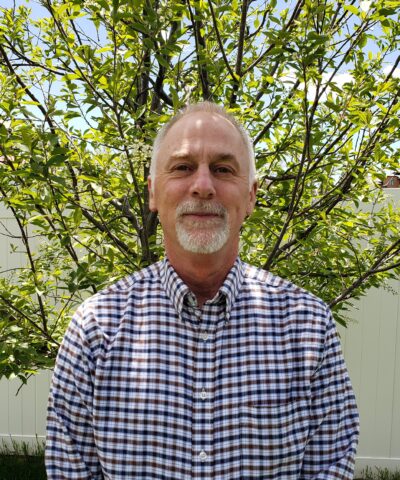
Meet Steve Wolff
Steve Wolff became General Manager of the Southwestern Water Conservation District in June 2021. The District is comprised of nine counties covering southwest Colorado. The District’s statutory authority is to protect, conserve, use and develop the water resources of the Southwestern basin for the welfare of the District, and safeguard for Colorado all waters of the basin to which the state is entitled. Prior to this position, Steve served as the Interstate Streams Division Administrator in the Wyoming State Engineer’s Office. The Interstate Streams Division provides primary oversight for Wyoming’s rights and responsibilities relative to the seven interstate water compacts and three interstate water decrees the State is signatory to.
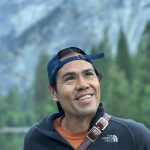
Meet Andrew Curley
Curley is an Assistant Professor in the School of Geography, Development & Environment at the University of Arizona, in Tucson, located on the territories of the Tohono O’odham, Yaqui, and Apache peoples. He is Diné and a member of the Navajo Nation. Building on ethnographic research, his publications speak to how Indigenous communities understand “resources,” infrastructure, and development in an era of energy transition and climate change..
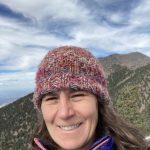
Meet Sunshine Swetnam, Ph.D., M.Ed.
Dr. Swetnam runs the Ski Area Management Master's Certificate, at the Mountain Campus Facilty for Warner College. She is a Colorado Native, in her 45th ski season, and 24th white water rafting season. She will be meeting with the United Nations 9/27-28 as part of their Mountain Partnership discussing innovations and adaptations for climate change in the ski industry.
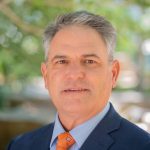
Meet Brad Wind
Brad is the General Manager of Northern Water. Northern Water is a Conservancy District situated in northeastern Colorado that encompasses 615,000 irrigable acres and is home to nearly 1.1 million Coloradoans. Northern Water’s Board of Directors, together with its 165-member staff, partner with the United States Bureau of Reclamation to operate the Colorado-Big Thompson Project. In addition, Northern Water operates the Windy Gap Project and oversees four other water-activity enterprises. During Brad’s 29-year tenure at Northern Water he has provided leadership roles throughout the organization and has engaged on water right issues on both the South Platte River and the Colorado River. Additionally, he has assisted in revising water-related policies to reflect the changing demand and use for water within the region. A native of Colorado, Mr. Wind was raised on an irrigated farm along the South Platte River in Washington County. Brad began his college education at Fort Lewis College in Durango; eventually attending Colorado State University to complete a Bachelor of Science degrees in Agricultural Engineering (1990) and Civil Engineering (1991). Brad went on to attend graduate school at the University of California – Davis and completed a Master of Science degree in Agricultural Engineering in 1993. More recently, he completed a Master of Business Administration degree from Colorado State University (2005). Brad remains active in production agriculture through his interest in farm near Snyder, Colorado. Brad is a registered professional engineer in the states of California and Colorado.
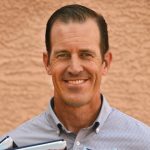
Meet Christian Harrison
Dr. Christian Harrison is the author of All the Water the Law Allows: Las Vegas and Colorado River Politics. Published by the University of Oklahoma Press in 2021, the book tells the history of the Southern Nevada Water Authority and its used of Colorado River Water. Harrison teaches history and government at Coronado High School in Las Vegas and is a board member of Preserve Nevada, a historic preservation non-profit. Additionally, Harrison is in the final phases of the UNLV Educational Leadership masters degree program, which he intends to use to improve social studies curriculum in southern Nevada. Always seeking to bring natural resource usage to a wider audience, Harrison seeks to augment the Clark County history curriculum by including topics more local in nature, namely the myriad environmental and political issues facing the Colorado River and its many users. Harrison lives in Henderson, NV, with his wife of 15 years, and two children.
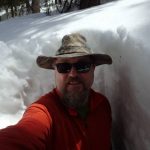
Meet Steven Fassnacht
Steven Fassnacht has been working in the field of water resources for 30 years. Since 1995, his focus has been snow, snowpack processes, and snow hydrology. He also examines climate change impacts on water resources using multi-disciplinary tools. His research has taken him to six continents and he has collected snowpack data on five of them. He is a full professor at Colorado State University, as well as a Fellow of the Cooperative Institute for Research in the Atmosphere and a Senior Research Scientist with the Natural Resources Ecology Laboratory. Previously, he has been a Research Scientist at the Center for Public Works Studies and Experimentation (CEDEX) in Madrid Spain and the Pyrenees Ecology Institute (IPE/CSIC) in Zaragoza (2009), and a Visiting Professor at the Georg-August-University of Göttingen in Germany (2016-2017). In October 2022, he will be a Visiting Scientist with the Japan Agency for Marine-Earth Science and Technology (JAMSTEC) in Yokohama Japan. He currently serves on the editorial boards for the journals: Earth, Frontiers of Earth Science, and Geographical Research Letters.
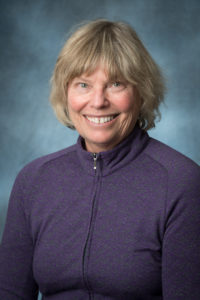
Meet Dr. Melinda Laituri
Dr. Melinda Laituri is a professor emeritus of geography in the Department of Ecosystem Science and Sustainability at Colorado State University. She is the Founding Director of the Geospatial Centroid at CSU that provides support for geospatial research and teaching across the university. She is a Fulbright Scholar having taught GIS at the University of Botswana and conducted research in the Center for Scientific Research, Indigenous Knowledge, and Innovation on participatory mapping and conservation planning. Professor Laituri is a Rachel Carson Fellow for Environment and Society at the Ludwig Maximillian University, Munich. Laituri is a founding member of the Center for Environmental Justice at CSU. She is a visiting scientist at the Center for Geographic Analysis at Harvard University. Laituri was a Jefferson Science Fellow where she was the principal investigator on the Secondary Cities Initiative, part of the State Department’s Office of the Geographer’s Humanitarian Information Unit mapping rapidly growing under-examined cities. She is currently the principal investigator of the Department of State’s Cities’ COVID Mitigation and Mapping program. She received her PhD from the University of Arizona in Geography and held a three-year tenure track position at University of Auckland, New Zealand before joining Colorado State University.
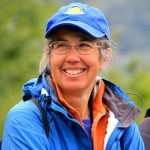
Meet Ellen Wohl
Ellen Wohl has a BS and PhD in geosciences and is currently a University Distinguished Professor at Colorado State University. Her research interests focus primarily on fluvial geomorphology with particular attention to physical-biotic interactions in rivers. She has served on multiple watershed scientific advisory boards for river restoration (currently, for the Columbia River). She is a Fellow of the Geological Society of America and the American Geophysical Union. .
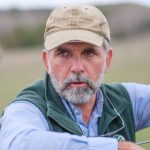
Meet Perry Cabot
Dr. Cabot received his Ph.D. in Agricultural Engineering and Land Resources from the University of Wisconsin-Madison and his B.S. in Civil Engineering from Colorado State University. His research program focuses on innovative irrigation technologies, sustainable water resources management, alternative cropping systems and crop consumptive use evaluation. He is the Lead Research Scientist at the WCRC-Grand Valley in its role as the western CSU campus unit focused on water resources, integrated cropping systems and climate-smart agriculture. He is the water resources specialist for the CSU Office of Extension and Engagement in the Western Region of the state.
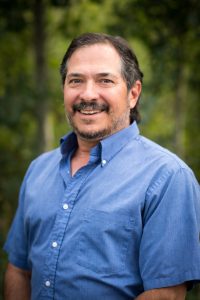
Meet Dave “DK” Kanzer, P.E.
After almost 28 years at the Colorado River District, and now as Director of Science and Interstate Matters, Kanzer has been involved in the challenges of widespread warming and aridification induced impacts to water quality and quantity now facing more than 40 million people reliant on the Colorado River Basin. Locally, DK has focused on targeted implementation programs to address water supply and demand imbalances that have been exacerbated by growth and climate change, while endeavoring to reduce environmental impacts. As part of large-scale partnership efforts involving all seven Colorado River Basin states, Kanzer has been active in drought contingency planning efforts that involve coordinated mainstem reservoir operations while studying the potential to manage regional consumptive water uses and even increasing water supplies via cloud seeding. All together, these efforts are designed to guard against water supply shortages for multiple beneficiaries, including agricultural, municipal, environmental, and recreational interests. Kanzer is a registered professional engineer in Colorado; he earned his Bachelors and Masters Degrees in Geological Engineering from the Colorado School of Mines.

Meet Brad Udall
Brad Udall is a
Senior Water and Climate Research Scientist/Scholar at Colorado State
University’s Colorado Water Center. Brad’s expertise includes climate change,
hydrology and related policy issues of the American West with a focus on the
Colorado River. He is a contributing author to the 2018 4th National
Climate Assessment, a contributing author to the 2014 Intergovernmental Panel
on Climate Change Assessment Report and the lead author of the water sector
chapter of the 2009 Global Climate Change Impacts in the U.S. He has provided
congressional testimony, input to several National Academy of Science panels
and has given hundreds of talks on climate change impacts to water resources,
water law and water policy. He is a co-investigator with the Department of the
Interior Southwest Climate Science Center. He has written multiple
peer-reviewed papers on how and why climate change is impacting the hydrology
of the Colorado River Basin. Brad was formerly the Director of the
Getches-Wilkinson Center for Natural Resources, energy and Environment at the
University of Colorado Law School and Director of the University of Colorado –
NOAA Western Water Assessment.
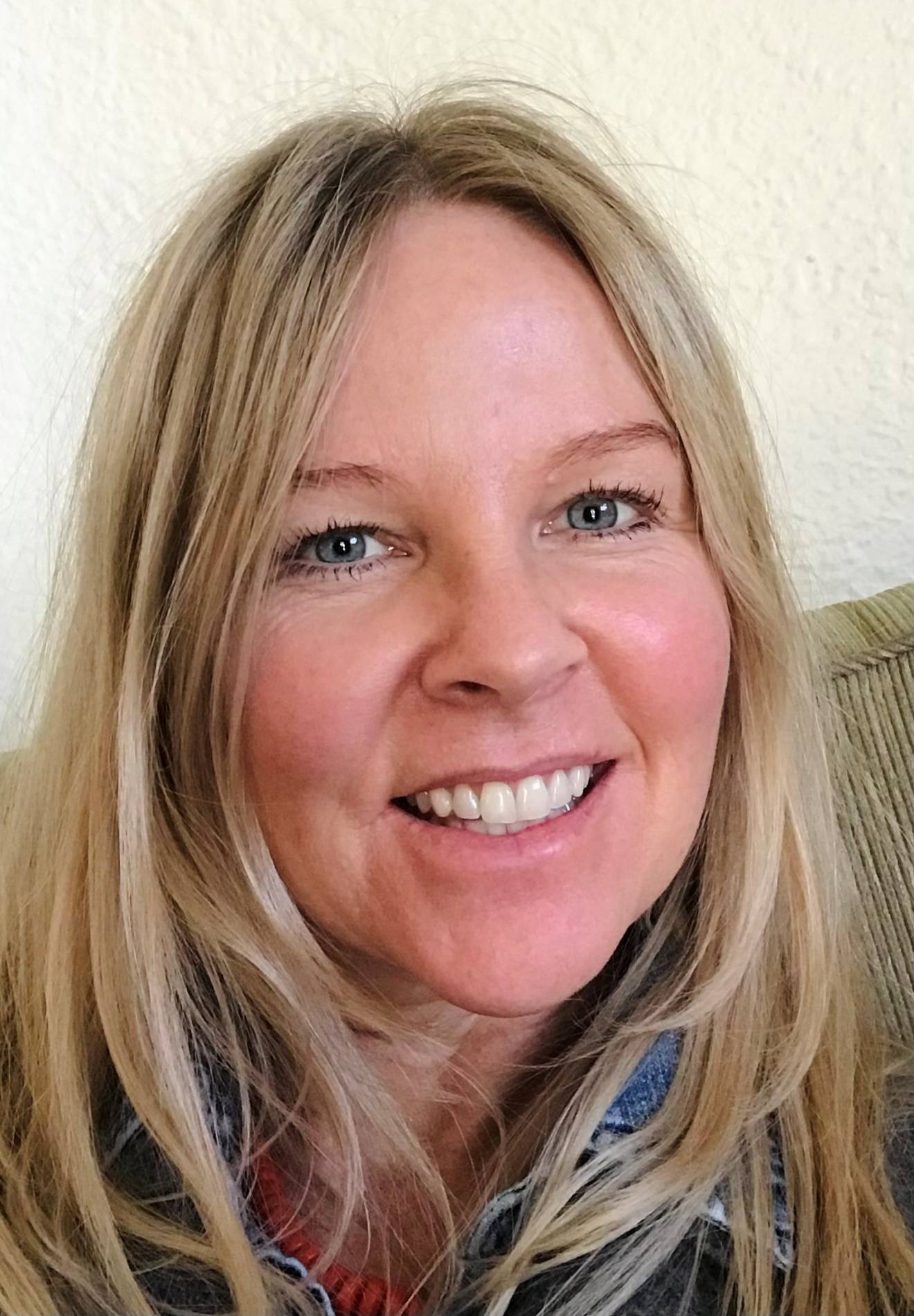
Meet Lain Leoniak
Lain Leoniak is the First Assistant Attorney General for the Federal and Interstate Water Unit in the Natural Resources and Environment Section of the Colorado Attorney General’s Office. Lain’s practice focuses on federal and interstate water matters in the Colorado River Basin. Lain previously was an Assistant Attorney General in the Federal and Interstate Water Unit where her practice also focused on the Colorado River Basin. Prior to returning to Colorado Lain was the Water Resources Manager for the City of Bozeman, Montana, where she managed the city’s water rights portfolio and started the city’s water conservation program, the first such program in Montana. Lain also worked for The Nature Conservancy’s Caribbean Program to establish and fund coral nurseries, reef monitoring and restoration programs and to develop and implement best practices for land development in the British Virgin Islands. Lain served as Water Referee for Water Division No. 5 and District Court Magistrate for the 9th Judicial District. Lain is licensed to practice law in Colorado and Montana. B.A., M.A. Education, M.A. History, University of Denver and J.D., University of Colorado.
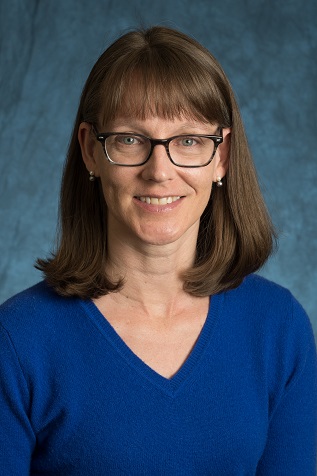
Meet Patty Rettig
Patty Rettig is the archivist for the Water Resources Archive at the Colorado State University Libraries. Rettig has built the archive to hold over 130 distinct collections documenting Colorado’s water heritage by engaging with the water community across the state. This involves working with people throughout the university as well as with state and federal agencies, ditch companies, businesses, and individuals. She earned her Master of Library Science from the University of Maryland, College Park, and her B.A. in English from Wittenberg University. She has been with the Water Resources Archive since its beginning in 2001.
